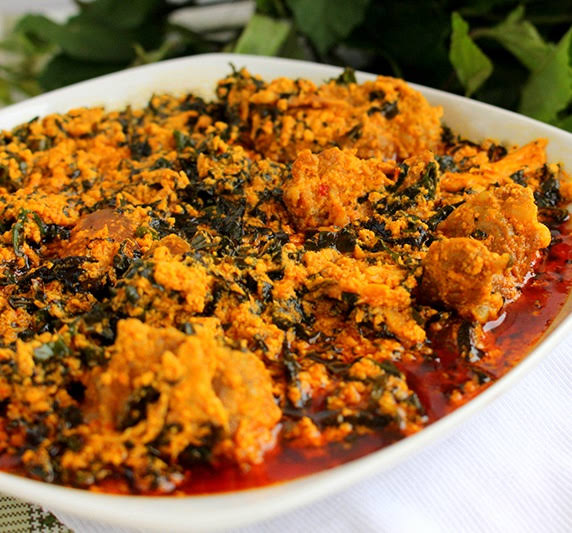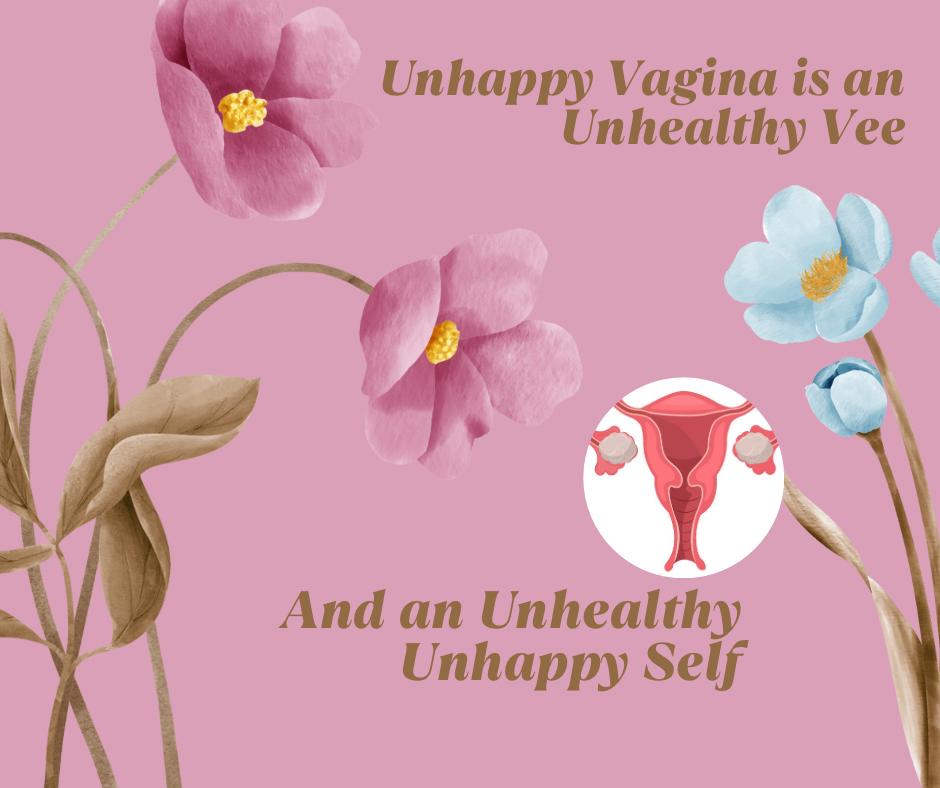Let’s discuss the impact of food on our health and the relationships that may be affected. While Marriage, Finance, and Family relationships are frequently discussed in Nigeria, there seems to be a lack of attention paid to the crucial relationship we have with our food. The way we approach food can have a direct or indirect effect on our well-being, finances, marriages, and family relationships. Therefore, it is crucial to discuss this topic openly and clearly to enable individuals to lead healthier lives.
As a Health and Nutrition Coach, I appreciate food’s vital role in promoting good health and combating diseases. Having grown up in Nigeria and based on my experiences with food over time and conversations with others, I feel compelled to address the food culture in Nigeria and provide my recommendations for optimal food habits to the best of my ability.
How We View Food in Nigeria
Nigeria is a country where Food is celebrated and enjoyed. Our traditional cuisine is one of the best in the world. I haven’t seen a Nigerian who doesn’t gush at the sight of his traditional soups and bolus. They are simply relishing. However, upbringing on how to approach food has made so many people get addicted to food and even view it as something they can’t do without whether hungry or not. Here are our approach to Food and my opinion on how to approach them positively to ensure better health.
-
Food Must be Eaten When Offered
If you visit a Nigerian household, you may be offered food depending on your identity and the reason for your visit. Declining food may be seen as a sign of rejecting the hosts and their hospitality. Therefore, joining the queue to eat is expected. Despite some feeling obligated due to cultural norms, it is acceptable to politely decline the offer and insist on doing so.
My recommendation.
There is no wrong in being offered food as it is a culture but there’s also no harm in politely declining. Ask for water instead to avoid excessive calorie intake. Tell your host that you have already eaten and your stomach is full.
-
Food is a Pleasure
Of course, Food is a pleasure. Excessive food wastage is rampant in Nigeria. Evidence of this can be seen during social gatherings where surplus food is often ordered just for enjoyment, only for it to be discarded at the end. The amount of food that goes to waste in Nigeria is enough to feed the entire nation. And still, we lament about poverty in the country, it is evident that our food culture contributes to this wastage. When an individual passes away, it’s customary to provide food for visitors, but this is often achieved by slaughtering cows and goats. The same level of care and attention isn’t afforded to the person while alive.
My recommendation
Food sustains life, provides energy, assists your immune system, and promotes healing. Appropriate consumption can save money and lead to a healthier lifestyle. Choose alternative enjoyable activities such as hosting regular movie nights, taking leisurely strolls, or engaging in physical exercise together. Host or play games online. Make dinner together, with each person bringing a dish, rather than going to a restaurant.
-
Taste should be Paramount in every Meal
This you can see in how we cook and manage our food. An average soup can have so many ingredients in it. These ingredients can provide taste, and enhance flavor, texture, and consistency. However, too many of these ingredients not only add calories to your food but also you spend more money on getting them.
My recommendation
In general, moderation is often key when it comes to consuming certain ingredients like sugar, salt, and fats, as excessive intake can lead to health issues such as obesity, heart disease, and diabetes.
-
Moderation and Portion Control is for the Poor
Smaller portions of food are a show of poverty. Food from the eye of a Nigerian should be eaten to satisfaction. Some parents would dish portions of food and force children to finish that food. This upbringing makes children, all of us included, get used to eating so much even when not hungry and see it as normal.
Recommendation
This is extravagance even when we don’t want to call it by its name. portion control is important to maintain a healthy body and reduce our risk of chronic disease.
-
Foreign processed and Packaged Food Products is a show of Affluence.
With the increase in fast-food outlets and busy lifestyles, people run to fast-food outlets to get already-made food. Most of this food comes with artificial flavors, flavor enhancers, and artificial coloring which are harmful to health. This increases our risk of chronic diseases.
Recommendation
Home cooking and weekly meal planning are great ways to ensure you and your family get enough doses of healthy food with proper nutrients.
-
Drinking alcohol is a leisurely affair.
It’s no news that the consumption of alcoholic drinks in Nigeria is significantly on the rise. But it also comes with it consequences on our health, especially among men. Alcohol is no friend to anyone and that’s why reducing the amount could positively impact our health.
-
Soda Drinks or juice must Accompany a Meal.
For food to be well-digested, Sugary soda drinks, juice, and the like must accompany the meal. These sugary drinks just like alcohol increase our risk of obesity, diabetes, and other chronic diseases. These soda drinks are caloric-dense and contain synthetic nutrients that are not good for overall health. Adding unnecessary calories to your meals will negatively impact your health.
Recommendation
Replace soda drinks and juice with water, or tea. This will hydrate you more than soda drinks. If you can’t eat without a soda drink or juice, try juice with natural fruits.
As said, people’s eating culture can significantly influence their health, from the type of food, how food is made and eaten, and how many portions are all culturally influenced. Eating culture encompasses the dietary habits, traditions, customs, and beliefs surrounding food within a particular society. understanding the role of eating culture in shaping dietary habits and health outcomes is essential for promoting healthy eating behaviors and addressing diet-related health issues within diverse populations. Education, awareness, and efforts to integrate cultural traditions with evidence-based nutrition recommendations can support individuals in making informed dietary choices that prioritize health and well-being.



